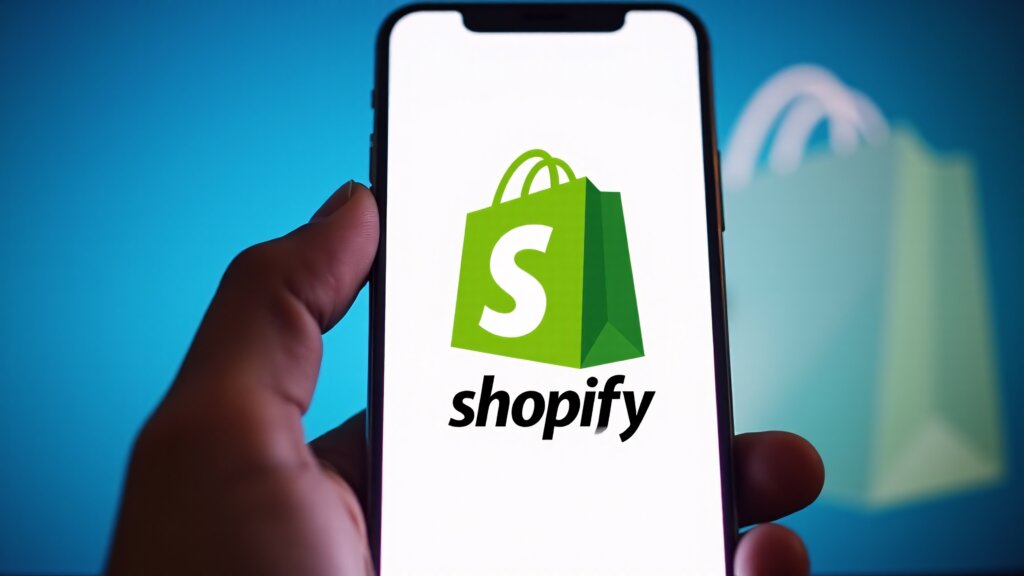In a transformative shift poised to revolutionize our industry, we are moving beyond the outdated concept of integrated marketing with its siloed approach to channel-specific messaging.
Table of Contents
The Rise of Convergence Marketing
The future lies in convergence marketing. With the growing accessibility of large language models (LLMs), the challenge of balancing platform integration with integrity is a thing of the past. While AI is transforming content creation, it lacks a crucial element: genuine human empathy. This isn’t just about feeling good; it’s the cornerstone of building trust and reciprocity with our audience.
Make no mistake, AI is set to dominate the content landscape. From news broadcasts to social feeds, it’s reshaping how we communicate. However, human connection remains our unique advantage.
A Winning Strategy
A successful strategy lies at the intersection of AI-driven efficiency and human-centric engagement. This is the essence of convergence marketing. Instead of pitting humans against machines, we leverage both to create something truly groundbreaking.
Examples of Convergence Marketing
Nike’s Air Max Day Campaign: This campaign utilized engaging posts and stories on Instagram and TikTok, featuring user-generated content and influencer collaborations. Personalized emails with exclusive previews and early access to new releases complemented this, alongside special in-store events and promotions. Their mobile app offered exclusive content and deals, creating a consistent and immersive customer experience.
Urban Outfitters’ “Shift Happens” Campaign: This back-to-school campaign combined marketing platforms and channels effectively. Collaborating with Pinterest and influencers to create brand-forward boards, Urban Outfitters also held a two-day event in New York City featuring live performances and an immersive shopping experience. Follow-up college pop-ups with limited-edition drops from partner brands added to the campaign’s success.
These campaigns exemplify how brands can create a seamless customer experience across channels by maintaining a consistent message, leveraging user-generated content, and personalizing interactions. By focusing on a unified strategy with clear brand guidelines, marketers can overcome challenges like message coherence and platform management.
Getting Your Technology Right
Sephora: This company successfully integrated AI to enhance its marketing efforts. Their AI-driven data analytics personalize customer experiences both online and in-store. For instance, their virtual artist tool allows customers to try on makeup virtually using augmented reality (AR), delivering tailored recommendations and a seamless shopping experience.
Carl’s Jr.: Leveraging AI-powered contextual targeting for connected television (CTV) advertising through IRIS.TV’s private marketplace, Carl’s Jr. conducted a campaign that drove in-store visits and sales. This demonstrated how AI can enhance advertising by analyzing CTV content frame by frame and targeting specific audience segments.
Overall, AI-driven technologies like chatbots, predictive analytics, and personalized marketing have proven highly effective in enhancing customer experiences. Brands should start with data analysis to understand customer behavior and preferences. Addressing data privacy concerns and the complexity of integrating AI systems requires transparent data policies and phased implementation strategies.
Customer Experience Management
Qatar Airways: Their AI-enhanced digital cabin crew member, Sama, interacts with customers in real-time, providing up-to-date information and answering frequently asked questions. Integrated with OpenAI, Sama enhances the travel experience with accurate information.
Etsy: Tackling AI anxiety among stakeholders, Etsy’s new ad campaign and platform guidelines emphasize a human touch. This initiative reassures both sellers and buyers of the platform’s commitment to authenticity and craftsmanship.
To continuously improve the customer experience, brands should leverage customer feedback through surveys, social media listening, and direct interactions. Balancing automation with a human element involves using data to personalize interactions while maintaining a human touch in customer service.
Content Strategy
Apple’s “Shot on iPhone” Campaign: This campaign leveraged user-generated content to highlight the iPhone’s camera capabilities. Social media, billboards, and print ads featured photos and videos taken by users. Television and online ads highlighted the stories behind the photos and the technology that made them possible.
Other noteworthy convergence campaigns include:
CeraVe’s Super Bowl Ad: Featuring Michael Cera, this campaign achieved over 32 billion earned impressions, significantly boosting sales through creative guerrilla marketing tactics that combined TV ads with social media, influencer marketing, and online content.
Lay’s Groundhog Day Campaign: Running eight spots 75 times on ABC on Groundhog Day, featuring Stephen Tobolowsky, this campaign achieved 1.4 billion earned media impressions through a repetitive, engaging narrative.
Heineken’s “The Boring Phone” Campaign: Releasing a limited-edition “dumb phone” lacking internet access, Heineken garnered over 24,000 sign-ups within an hour of launch, combining product innovation with experiential marketing and digital engagement.
These examples illustrate how brands can encourage customer participation by creating easy-to-join initiatives and offering incentives. Key metrics for evaluating multichannel content strategies include engagement rates, user-generated content volume, and conversion rates. Analyzing performance data and adjusting strategies accordingly is crucial.
Balancing Automation and Human Relationships
Despite the efficiency and scalability that automation provides, it cannot replace the depth of human empathy and understanding. For example, while Sephora’s AI tools handle routine queries and offer recommendations, human employees can focus on complex customer needs and personalized interactions. This approach ensures that while technology enhances efficiency, the human touch remains central to customer service.
Bots and AI can handle repetitive tasks, but human oversight is essential to avoid impersonal interactions. Personalized emails and targeted social media campaigns should always retain a level of human insight to connect with the audience.
High-quality content will come to be defined as real-time AI-created content that is human-checked for desired tone, context, and cultural nuance and refined to eliminate potential bias and create emotional resonance.
By embracing convergence marketing, brands can harness the power of AI and human connection to create innovative and effective marketing strategies.
Never miss a chance to get ahead.
Ready for more? Read the full article in Forbes. Get in touch with our experts if you have questions on how to adapt your convergence marketing strategy.






